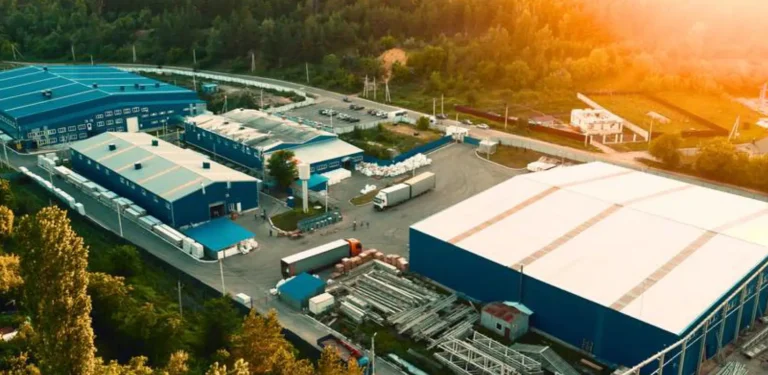Bioplastics: The Future of Sustainable Production
In recent years, as environmental concerns take center stage, industries worldwide are racing to find alternatives to traditional plastics. Bioplastics, derived from renewable sources such as plants, algae, and even bacteria, are quickly emerging as a game-changer for sustainable production. With the capacity to reduce carbon footprints and significantly minimize waste, these eco-friendly materials are reshaping industries across the globe.
What are Bioplastics?
Unlike conventional plastics, which are made from fossil fuels, bioplastics are created from organic and biodegradable sources. Cornstarch, sugarcane, and even food waste can serve as raw materials for these versatile polymers. The production process itself is more sustainable, emitting fewer greenhouse gases compared to petroleum-based plastics, making bioplastics an essential tool in combating climate change.
Reducing Carbon Footprints
One of the most compelling aspects of bioplastics is their potential to drastically cut down on carbon emissions. Since they are derived from renewable resources, the carbon footprint from production is significantly smaller. Some bioplastics are also designed to biodegrade naturally, further reducing their environmental impact. For industries looking to meet stricter environmental regulations and corporate sustainability goals, bioplastics offer a clear advantage.
Revolutionizing Industries
Industries are rapidly adopting bioplastics in a variety of sectors, from packaging to automotive parts. In the packaging industry, major brands are shifting towards bioplastic alternatives, recognizing the growing consumer demand for eco-friendly products. Even in the medical field, bioplastics are being used to develop sustainable, non-toxic alternatives for medical devices, ensuring that healthcare systems can contribute to a greener future.
Minimizing Waste
Traditional plastics take hundreds of years to decompose, often contributing to landfills and polluting oceans. Bioplastics, on the other hand, are designed to break down more rapidly, with some varieties fully compostable. This attribute makes them invaluable in reducing the global waste crisis. Compostable bioplastics, in particular, can be processed through industrial composting facilities, turning waste into valuable resources like nutrient-rich soil.
In conclusion, bioplastics represent a pivotal shift in how materials are produced and disposed of, with the potential to significantly reduce environmental impact. As the world transitions toward a more sustainable future, bioplastics are emerging as a leading force in the fight against climate change and pollution. The industries that embrace these eco-friendly materials now are not only shaping their own futures but are also contributing to the preservation of the planet for generations to come
Bioplastics: The Sustainable Solution Transforming Industries and Reducing Waste



